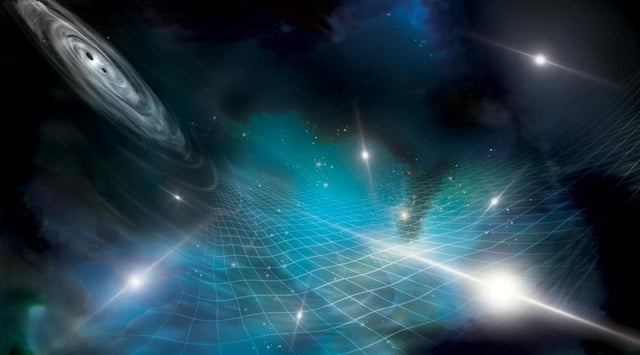Overview
- Jonathan Oppenheim, a physicist from University College London, has proposed a radical new theory that could reconcile the inconsistencies between quantum physics and general relativity.
- Oppenheim's theory suggests that space-time, and thus gravity, do not have a quantum description due to random fluctuations in space-time, which cause changes in the flow of time, breaking the concept of predictability.
- Oppenheim's theory is testable. If space-time doesn't have a quantum nature, then there must be random fluctuations in the curvature of space-time which have a particular signature that can be verified experimentally.
- Oppenheim's theory has faced skepticism from the scientific community. Physicists Carlo Rovelli and Geoff Penington have signed a bet against Oppenheim at 5,000:1 odds, believing that quantum theory can describe gravity.
- An experiment designed to test Oppenheim's theory has been described in Nature Communications.



